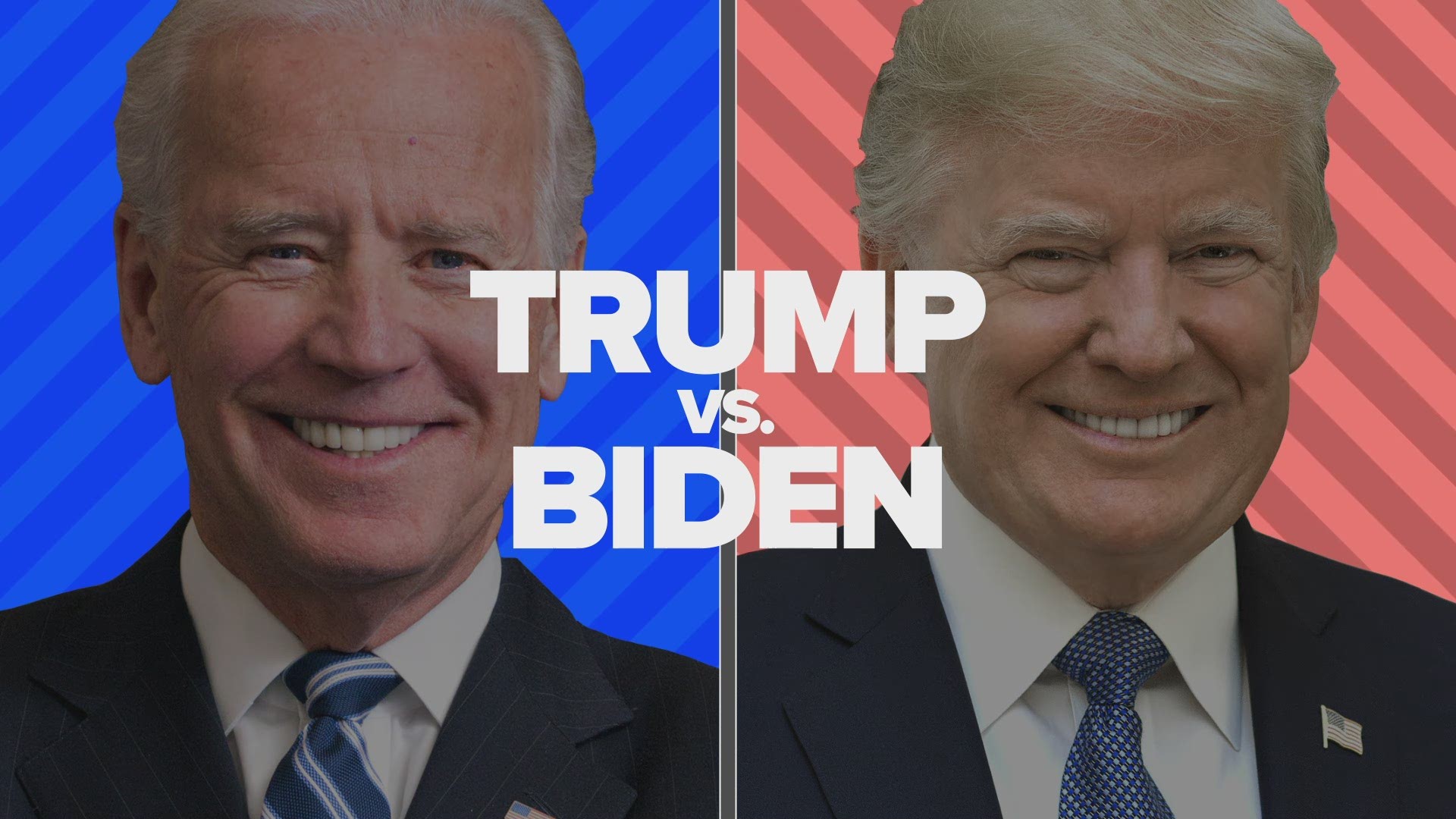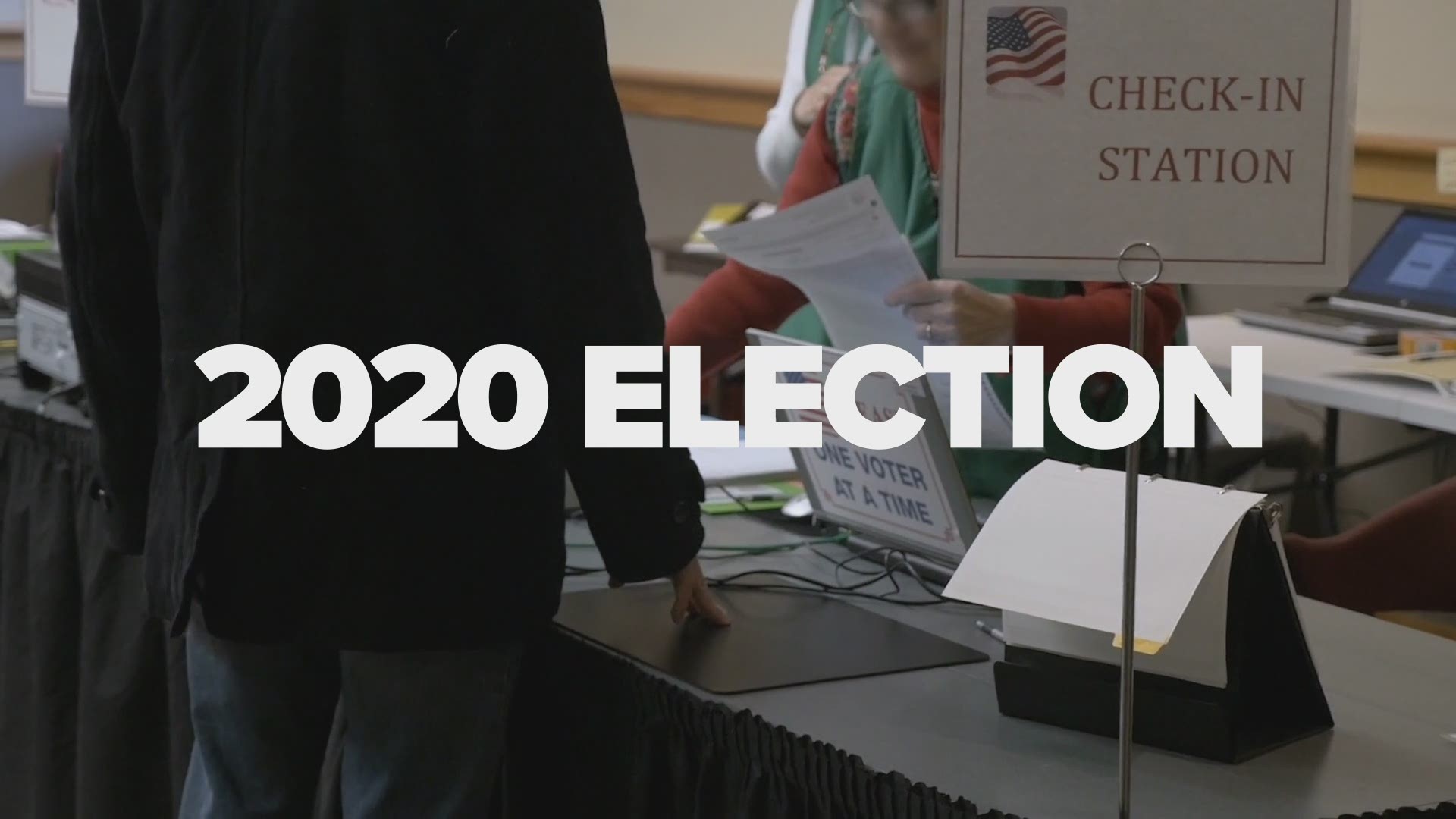What happens if the presidential race between President Donald Trump and former vice president Joe Biden ends in an Electoral College tie? The House of Representatives will vote to determine who wins, but it won't be each individual congressperson voting.
There are 538 electoral votes up for grabs in the election. At least 270 would put a candidate at more than 50% of the electoral vote. There has never been a 269-269 tie.
If no candidate reaches 270, the presidency would be decided by the House members who are sworn in on January 3. Each state's House delegation would have one combined vote. If a majority of states go to one candidate, that candidate will be president.
Going into the 2020 election, 26 states have a majority Republican delegation. Twenty-three are majority Democrat and one -- Pennsylvania -- is split. But, unlike the Senate, all 435 House seats are up for election, so those numbers can change.
If the House ends up in a tie vote for president, one state would have to flip to put someone over the top. If it's still tied on Inauguration Day, the vice president-elect will become the acting president until the House breaks the tie.
The vice president-elect would be decided by a simple majority vote in the Senate -- 51 senators.
The House has decided only two elections -- both occurring before the current threshold of 270 electoral votes needed to win.
Thomas Jefferson defeated Aaron Burr in 1800 (fans of the Broadway play "Hamilton" should know this well). Jefferson and Burr were both part of the Democratic-Republican Party and finished in a 73-73 tie before the House gave the win to Jefferson.
John Quincy Adams defeated Andrew Jackson in 1824, with both again representing the Democratic-Republican Party. Jackson had more electoral and popular votes than Adams, but neither had a majority because others also received electoral votes. The House gave the election to Adams.
The National Archives says the Electoral College was a compromise between founders who wanted Congress to choose the president and those who wished for the people to do it. There were concerns on one side that allowing Congress members to choose would open the door to corruption. On the other side, the concern was that people living a significant distance away wouldn't be fully educated on the candidates. The Electoral College is what they landed on.


